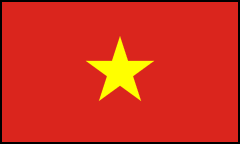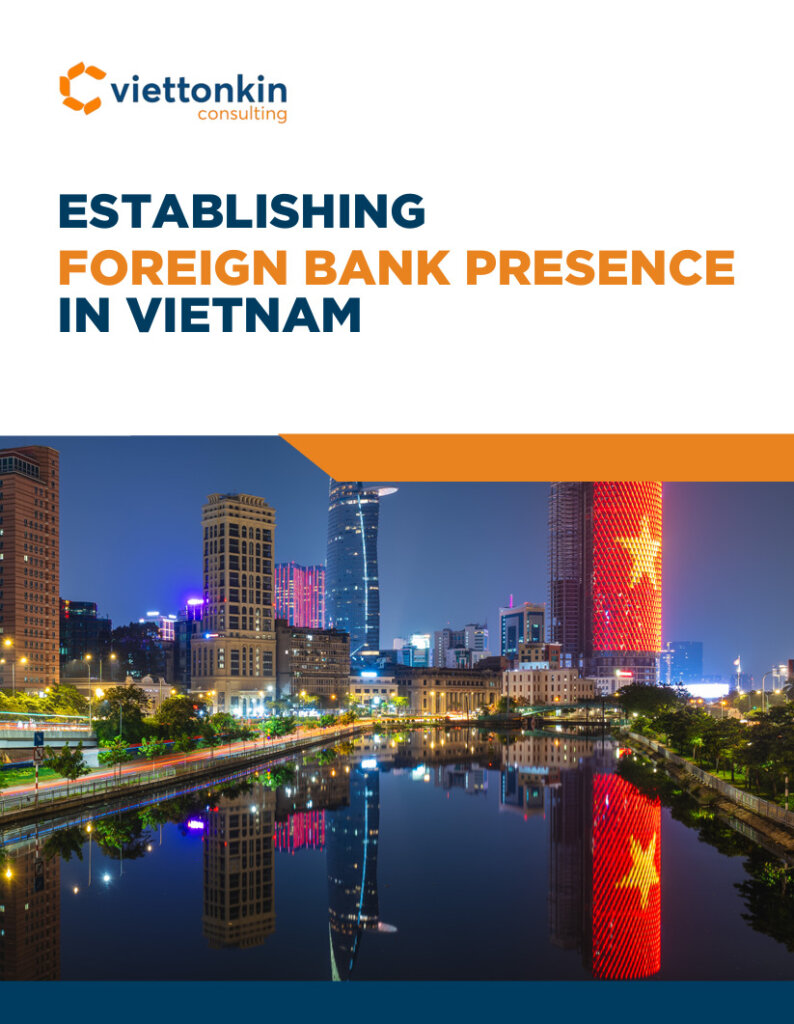Singapore is generally a free port and has an open economy and ease of tax. More than 99% of all imports into Singapore enter the country duty-free. However, for social and environmental reasons, the country collects high excise taxes on distilled spirits and wine, tobacco products, motor vehicles and petroleum products.
Hence, this article focuses on the import requirements, errors, and offences, lastly the calculation of the import tax and customs in Singapore. Let’s keep reading the article!
The Import Tax Requirements
All goods that are imported into Singapore have to be regulated under the Customs Act, the Goods and Services Tax (GST) Act and the Regulation of Imports and Exports Act.
Moreover, imported goods are subjected to GST and duty payment. A customs permit is required to account for the import and tax payment of the goods.
All other goods are non-dutiable and acquire GST only. GST is levied at 7% of the Cost, Insurance, and Freight (CIF) value, which includes duties, if it is a dutiable goods, and other charges, such as costs and expenses to the sale and delivery of the goods into Singapore, whether shown or not shown on the invoice.
There are requirements for the importer to obtain a customs permit before having an actual importation. The importer itself is the party who imports the goods into Singapore:
- For their own account or use; or
- For the account or use of some other person
For example, if an overseas company sells goods to a local company and the commercial invoice indicates the local customer as the consignee, the local customer will be the importer of the goods.
The taxable companies should also check with the Inland Revenue Authority of Singapore (IRAS) on the arrangements to account for the GST.
The importers may be penalised, if they do not comply with the requirements that are under the Customs Act, the Regulation of Imports and Exports Act (RIEA), and their subsidiary legislation. These are the errors and offenses for the importers!
Examples of common offences:
- Make an incorrect declaration on the value of goods imported into Singapore
- Omission of insurance charges in the value when declaring GST Payment permit to import goods
- Free gifts provided by overseas supplier but not declared in the GST Payment permit
- Failure to make a declaration of goods imported into Singapore
- Undeclared goods found inside container imported into Singapore
- Failure to produce trade documents upon request by Singapore Customs
- Failure to produce documents such as invoice, bill of the freight or certificate of origin for verification
- Failure to produce license or customs permit for customs clearance or endorsement
- Haulier failing to produce the goods and customs permit with supporting documents for endorsement at the checkpoint
- Unauthorised tampering/opening/breaking/altering or removing of customs lock, seal or other safeguards placed on containerised dutiable goods
- Unauthorised breakage of Customs red seal affixed on the container
For minor offences under the Customs Act and the RIEA, Singapore Customs may offer to combine the offences for a sum not more than S$5.000 per offence. Offenders may be sued if the offences committed are of a fraudulent or serious nature.
The Calculation of Import Tax and Customs in Singapore
All the imported goods to Singapore or manufactured in Singapore are subject to customs duty and excise duty.
Customs duty is a duty levied on goods imported into Singapore, excluding excise duty. Excise duty is a duty levied on goods manufactured in, or imported into Singapore.
The duties are based on ad valorem or specific rates. An ad valorem rate is a percentage of the goods’ customs value, for example, 20% of the customs value. A specific rate is a specified amount per unit of weight or other quantity, for example, S$388.00 per kilogramme.
There are 4 categories of taxes on imported goods or duties payable:
1. Intoxicating Liquors
a. For alcoholic products with duty rates based on per litre of alcohol
Duties payable = total quantity in litres x Customs and/or excise duty rate x Percentage of alcoholic strength.
For example, company A imports 75 litres of stout with an alcoholic strength of 5%. Assuming the customs and excise duties for stout is S$16 and S$60 per litre of alcohol respectively:
As both customs and excise duties are levied on the import of stout, the duties payable = 75 x (S$16 + 60) x 5% = S$285.
b. For alcoholic products with duty rates based on dutiable content (weight/volume)
Duties payable = Total dutiable quantity in kilogrammes x Customs duty rate
For example, if 1 kilogramme of alcoholic composite concentrates contains 0.2 kilogramme of powdered alcohol, the duties payable = 0.2kg x S$113 = S$22.60.
2. Tobacco Products
a. All tobacco products except cigarettes
Duties payable = Total weight (in kilogrammes) x Excise duty rate
For example, company A imports 100 kilogrammes (kgm) of tobacco stems. Assuming the excise duty for tobacco stems is S$388 per kilogramme. Duties payable = 100 x S$388 = S$38,800
b. Cigarettes
Duties payable = Total number of sticks x Weight of individual sticks (every gramme or part thereof) x Excise duty rate.
For example, company A imports 100 sticks of cigarettes weighing 1.5 grammes each. Assuming the excise duty for cigarettes is 42.7 cents for every gramme or part thereof of each stick:
Since the weight of each cigarette is between 1 and 2 grammes, the weight to be taken to calculate the duties payable is 2 grammes. Hence, duties payable = 100 x 2 x S$0.427 = S$85.40
3. Motor Vehicles
Duties payable = Customs value x Excise duty rate
For example, company A imports a motor car that was bought at S$100,000 on Free on Board (FOB) incoterms. The overseas freight, handling and insurance charges to ship the car to Singapore cost S$1,000. Assuming the excise duty for motor cars is 20% of the customs value:
Customs value of car = S$101,000. Hence duties payable : S$101,000 x 20% = S$20,200.
4. Petroleum and Biodiesel Blends
a. Petroleum products
Duties payable = Total volume x Excise duty rate.
For example, company A imports 100 litres of unleaded motor spirit of RON 97 and above. Assuming the excise duty for unleaded motor spirit of RON 97 and above is S$6.40 per dal (1 dal = 10 litres): Duties payable = S$6.40 x 10 = S$64.
b. Compressed natural gas (Cng)
Duties payable = Total weight x Excise duty rate.
For example, company A imports 50 kilogrammes of compressed natural gas. Assuming the excise duty for compressed natural gas is S$0.20 per kgm:
Duties payable : S$0.20 x 50 = S$10.
c. Biodiesel Blend
Duties Payable = Volume of diesel x Excise duty rate
For example, company A imports 1.000 litres of biodiesel blend, comprising 100 litres of diesel. Assuming the excise duty for diesel is S$2.00 per dal (1 dal = 10 litres): Duties payable: S$2 x 10 = S$20.
READ MORE: Viettonkin Accounting and Tax Service
These are what you need when you are thinking about importing goods in Singapore. You also have to know the calculation of the duties payable, so you will prepare things before getting into importation, in order to avoid the problems that could slow down the process of importing goods.
 English
English









